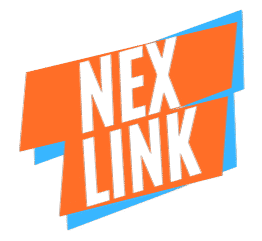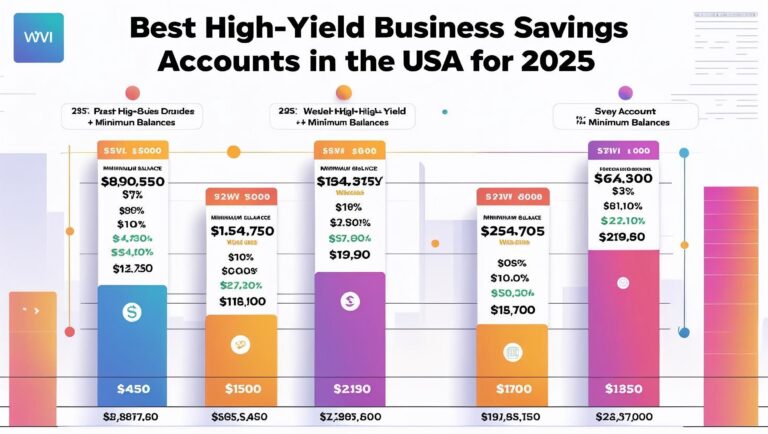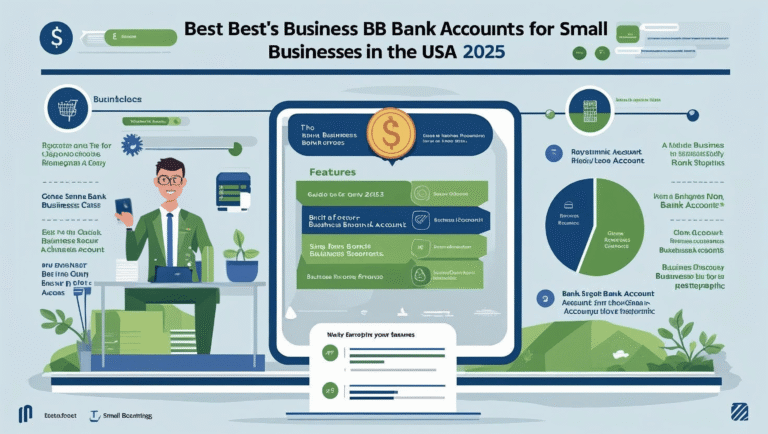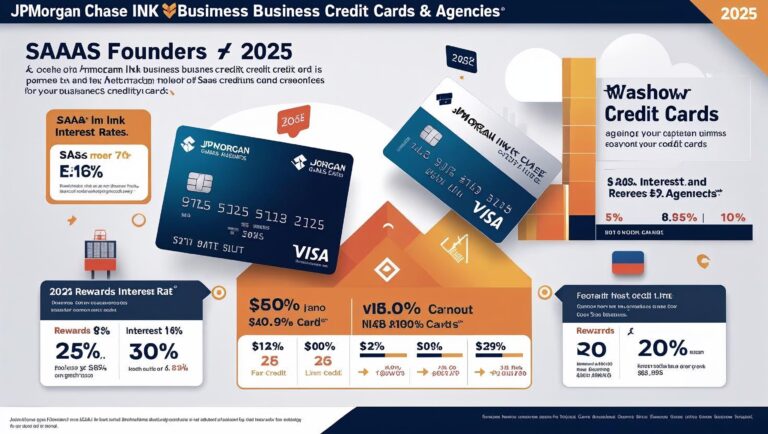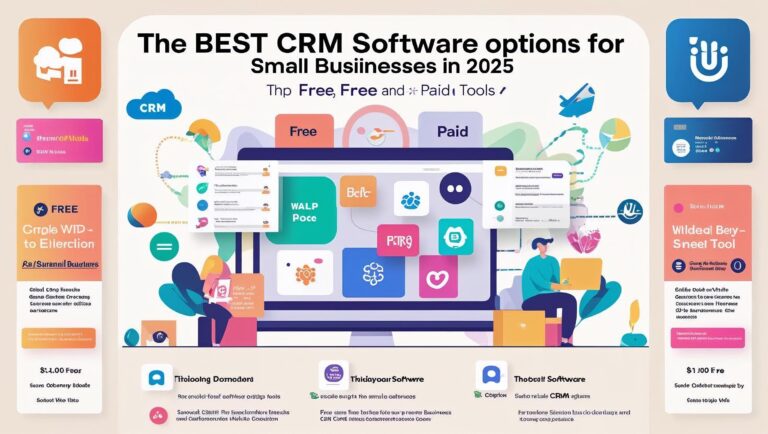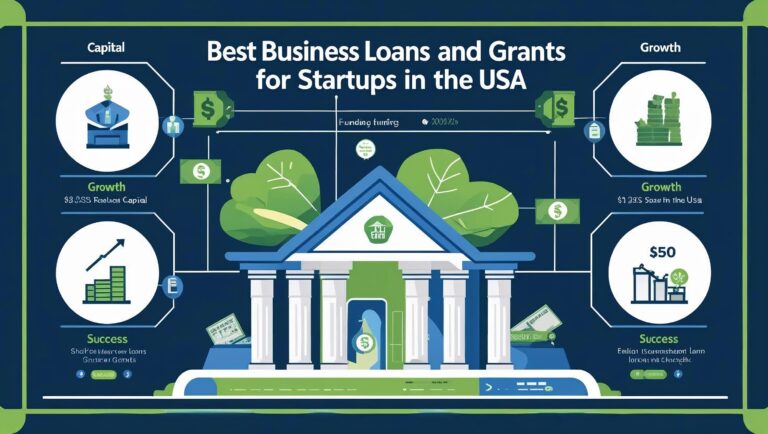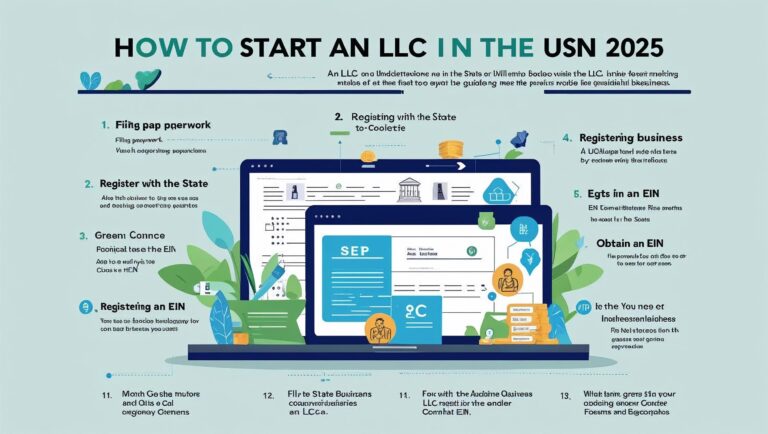Introduction to Commercial Insurance in 2025
In 2025, commercial insurance has transformed from static policies to dynamic, AI-integrated platforms. With economic unpredictability, cyber threats, and legal updates, having the right insurance plan isn’t optional—it’s foundational. Whether you run a boutique agency, e-commerce store, or tech startup, selecting a tailored commercial plan is crucial for operational resilience.
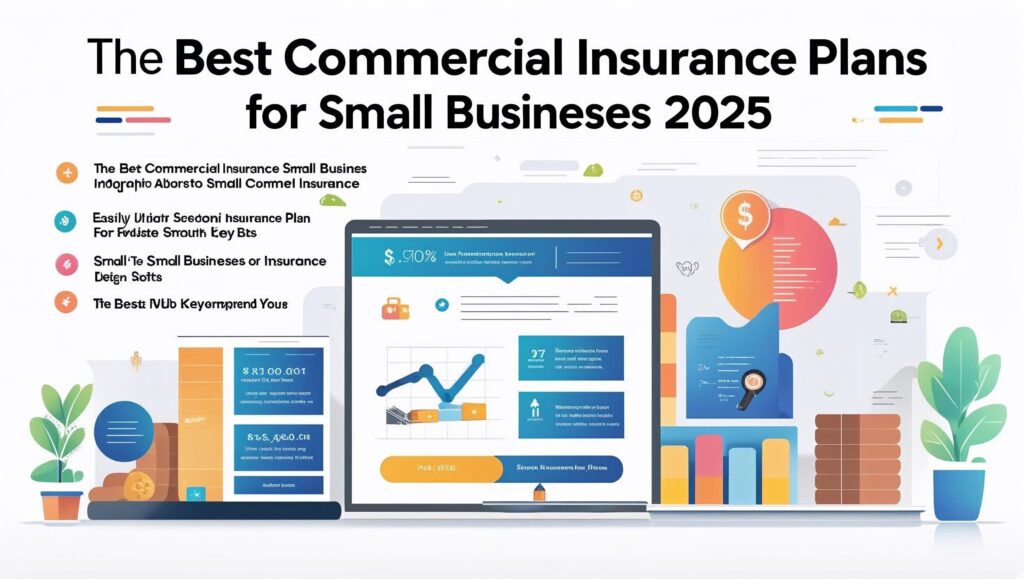
Why Small Businesses Need Updated Commercial Insurance
Legacy policies written pre-2020 don’t protect against the cyber breaches, hybrid workplace liabilities, or AI-associated risks common in 2025. Updated policies offer:
- Real-time risk assessments
- On-demand coverage changes
- Better alignment with GDPR and CCPA updates
Businesses with up-to-date insurance face 40% fewer penalties during audits and incidents, making proactive upgrades essential.
What’s New in 2025: Trends and Legal Shifts
Several key trends have shaped the insurance space:
- AI-generated underwriting decisions based on business behavior data
- Real-time API-based claim status updates
- Government-backed disaster recovery micro-plans
- Expanded coverage for AI-related errors and automation downtime
Additionally, a federal mandate now requires data breach insurance for all digital businesses.
Types of Commercial Insurance Plans Explained
Common categories include:
- General Liability Insurance
- Business Owner’s Policy (BOP)
- Professional Liability (Errors & Omissions)
- Cybersecurity Liability
- Workers’ Compensation
- Commercial Auto
- Product Liability
In 2025, these plans are increasingly modular, allowing businesses to combine core protections with niche add-ons.
Comparison Table: Top Insurance Providers in 2025
| Provider | Coverage Highlights | Monthly Premium | Unique Feature |
|---|---|---|---|
| Hiscox | BOP, General, Cyber | $40–$85 | Instant AI quote engine |
| Next Insurance | General, E&O, Workers Comp | $30–$90 | Embedded CRM claim filing |
| Chubb | Full suite + global liability | $70–$200 | Best for international businesses |
| Thimble | On-demand, pay-as-you-go | $20–$60 | Mobile-first policy adjustments |
| Embroker | SaaS and digital business specialists | $50–$120 | GPT-backed underwriting |
Advanced Digital Insurance Platforms
Modern businesses prefer digital-first insurers for convenience and transparency. Platforms like Embroker and Next now offer:
- Real-time analytics of potential business risks
- Onboarding via Slack or HubSpot
- Predictive premium recommendations
- Chatbot-assisted claim filing
Hidden Tools and AI-Based Claims Management
Few know about tools like:
- PolicyPilot – Maps policy gaps across integrations
- ClaimStream AI – Flags false claims before submission
- RiskLens Pro – Provides automated cybersecurity audit reports
These hidden gems help small businesses reduce premiums and speed up claims.
Factors That Impact Premiums in 2025
Premiums are no longer static. Real-time variables include:
- Your use of automation (lowers human error claims)
- Number of remote workers (increases liability risk)
- Cyber hygiene scores
- Industry risk tiering
Industry-Specific Insurance Plans for High-Risk Businesses
Businesses in fintech, healthtech, and AI face higher risk. In 2025, tailored plans are available for:
- AI startups with model hallucination liability
- Biotech firms with FDA-regulated error clauses
- Agencies with copyright breach coverage
Business Owner Stories: Real Claims, Real Lessons
An L.A.-based marketing agency filed a claim after a TikTok campaign went viral for the wrong reasons, triggering a brand lawsuit. Thanks to having E&O and media liability riders in their BOP, they avoided $140K in legal fees.
New 2025 Compliance Regulations You Must Know
- All U.S. businesses processing personal data must carry a cyber policy
- Annual audit reports are required for claims exceeding $25K
- Mandatory inclusion of environmental liability in product-based business coverage
Emerging Startups in Commercial InsurTech
Watch out for:
- SureRisk.ai – Real-time dashboard for risk exposure
- BoundLedger – Blockchain-based proof-of-policy delivery
- CoverIQ – AI negotiator for premium savings
These startups are changing how businesses think about insurance.
Future-Proofing Your Insurance Strategy: What To Expect By 2027
From climate-based policy modeling to parametric insurance, small business insurance will evolve significantly in the next two years. Businesses must stay agile to remain covered.
How Smart Contracts Will Disrupt Insurance Claims and Fraud Prevention
Insurers are testing blockchain-based smart contracts that auto-execute when criteria are met. This will reduce disputes, improve trust, and speed up settlements for small businesses.
The Psychology of Insurance Choices: How Behavioral Data Is Reshaping Plans
Insurers now collect behavioral analytics—such as management decisions and communication patterns—to create micro-personalized coverage. This user-data evolution is the frontier of insurtech.
Embedded Insurance APIs: How They’re Powering E-commerce and B2B Marketplaces in 2025
Embedded insurance APIs are now integrated into payment systems, CRMs, and logistics platforms. Tools like CoverGenius and Boost Insurance let B2B sellers offer instant coverage for deliveries, liability, and returns at checkout. This streamlines protection without interrupting the user journey and increases conversion by 11% on average.
Parametric Insurance and Climate Disasters: The New Risk Model for SMBs
With wildfires, floods, and extreme weather on the rise, parametric insurance—which pays out based on event triggers instead of traditional claims—has become essential for small businesses. These plans remove the burden of documentation and accelerate recovery.
How Decentralized ID Verification Will Transform Business Insurance Onboarding
In 2025, decentralized identity tech is allowing instant KYC/AML checks via blockchain—eliminating the friction of repeated verification for business insurance. Providers like Tradle and Evernym are leading this space, and regulators are warming up to the privacy-first model.
FAQs
Q1: Is commercial insurance mandatory in 2025?
Not for all businesses, but highly recommended and often required by clients, landlords, or vendors.
Q2: Can I switch policies mid-year?
Yes, most modern platforms allow flexible updates based on business evolution.
Q3: What is the best plan for a SaaS company?
Cyber liability + E&O + business interruption cover via Embroker or Chubb.
Final Thoughts
In 2025, protecting your business isn’t just about ticking boxes—it’s about staying resilient in a volatile digital and legal environment. By selecting a smart commercial insurance provider and leveraging hidden tools, small businesses can secure long-term growth, client trust, and legal peace of mind.
Disclaimer
This content is purely educational and does not serve as insurance, legal, or financial advice. Please consult with a licensed advisor or broker before choosing or modifying your commercial insurance policies.
